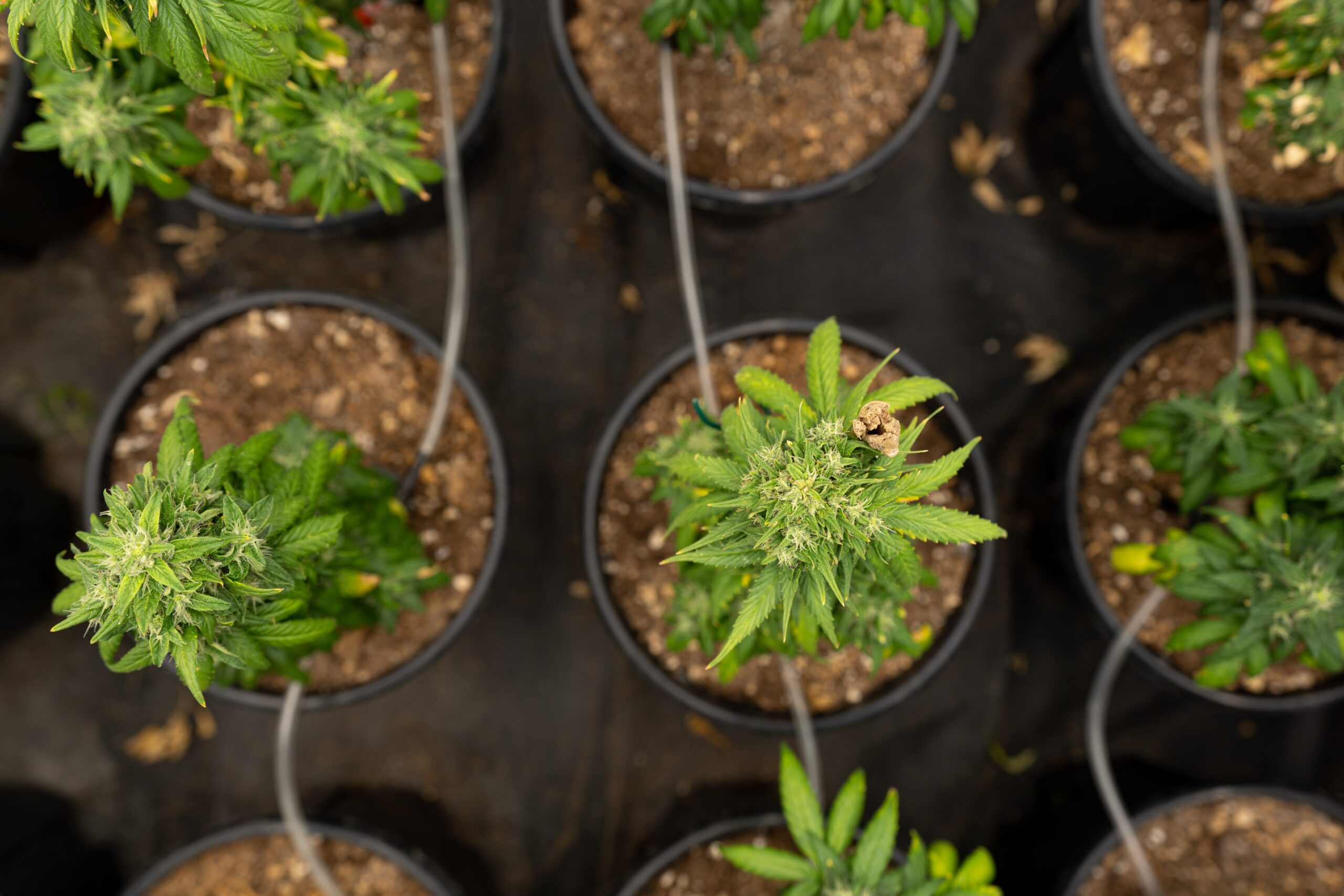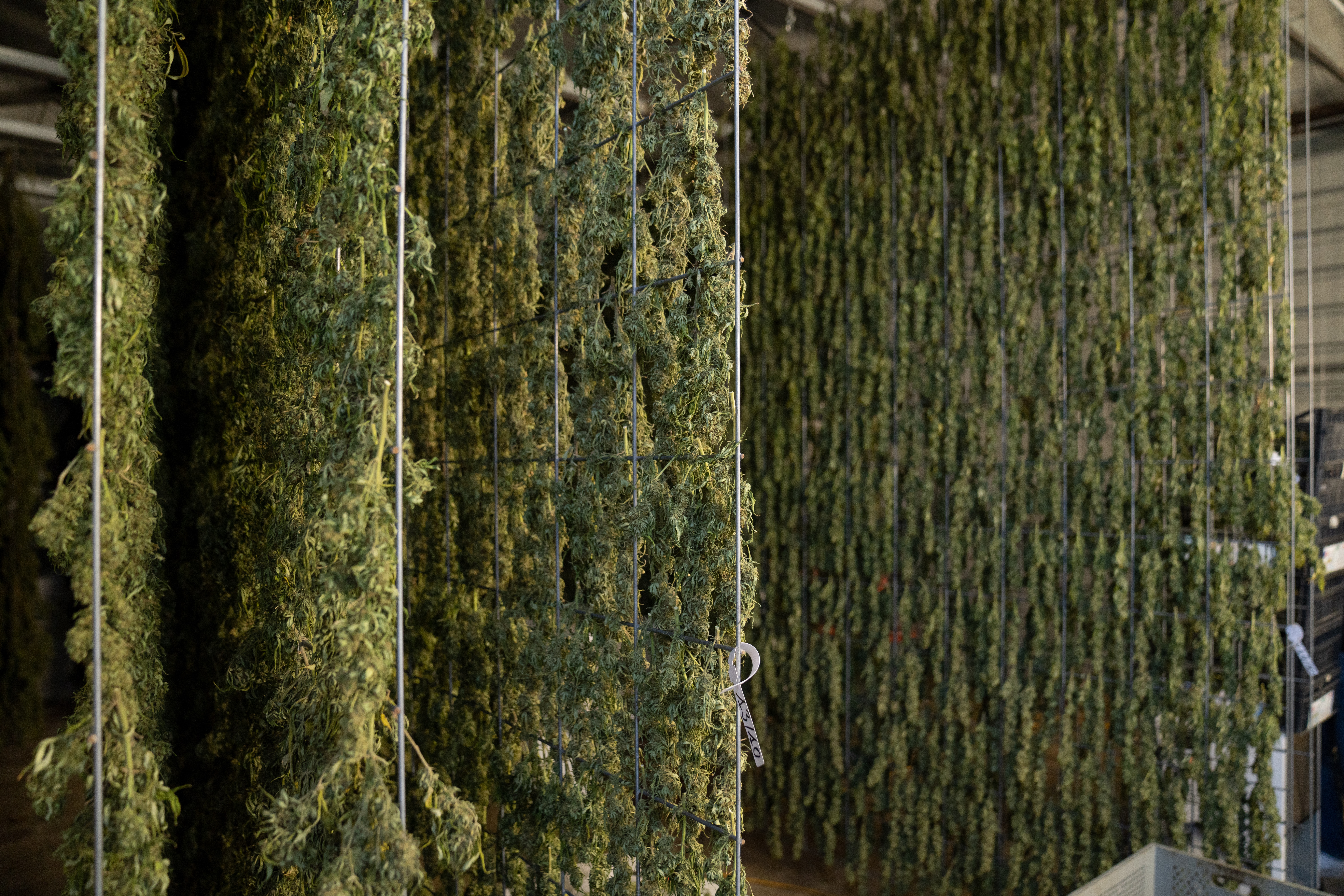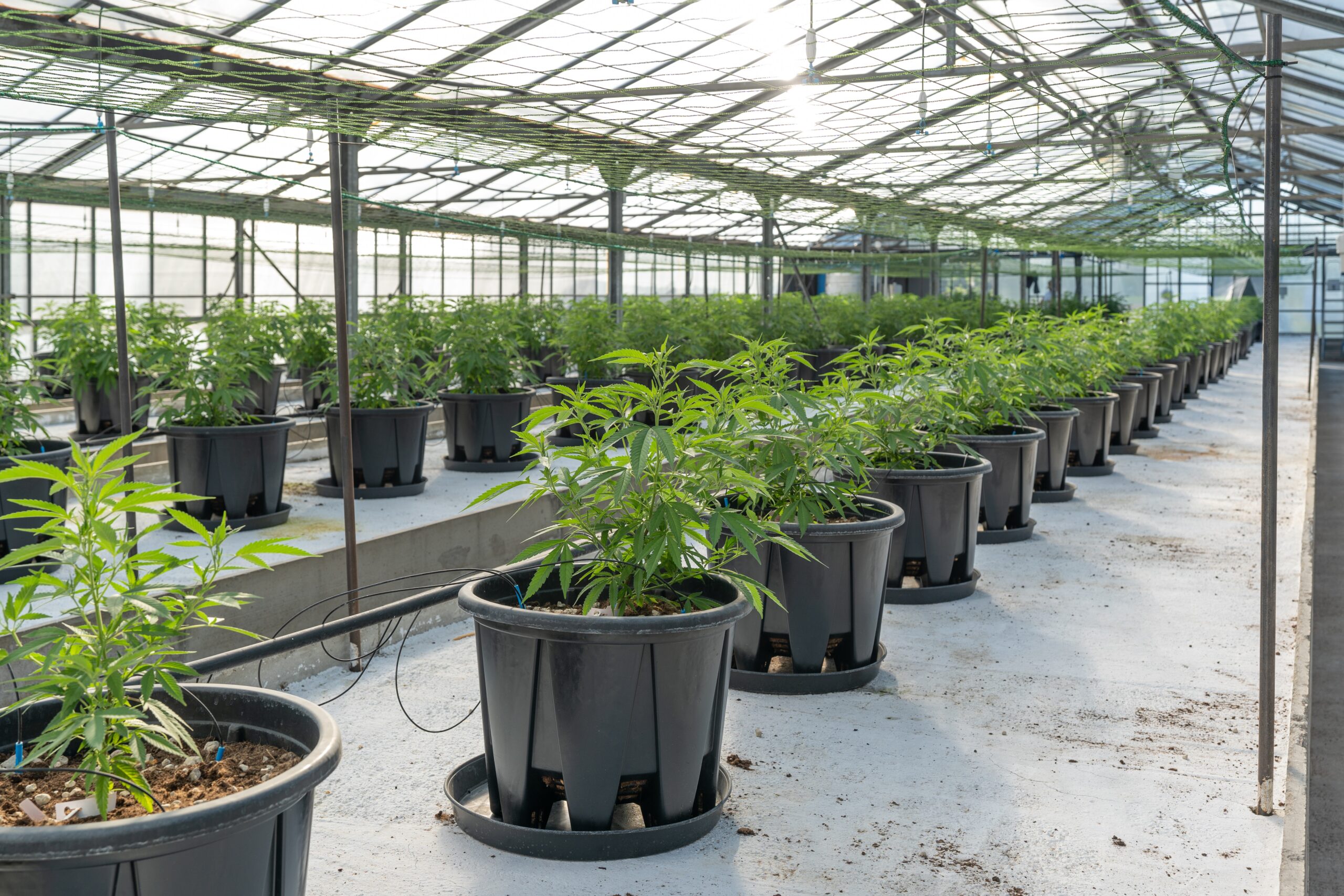While the nutritional benefits of cannabis are significant, it is important to note that not all forms of cannabis consumption are created equal. Smoking cannabis, for example, can be harmful to the lungs and may lead to respiratory issues over time. Additionally, the psychoactive effects of cannabis can make it difficult for some individuals to function normally, which may impact their ability to maintain a healthy diet and lifestyle.
Fortunately, there are a variety of alternative ways to consume cannabis that can provide the nutritional benefits without the psychoactive effects. One popular option is to consume cannabis seeds or seed oil, which can be added to a variety of foods and beverages. Cannabis seeds can be sprinkled on top of salads, mixed into smoothies, or used as a base for protein bars and other snacks. Seed oil can be used as a cooking oil or added to salad dressings and other recipes.
Another popular option is to consume cannabis edibles, which are food products that have been infused with cannabis. Edibles can come in a variety of forms, including baked goods, chocolates, gummies, and more. Because the effects of edibles can take longer to set in and can last longer than other forms of consumption, it is important to start with a low dose and wait for the effects to take hold before consuming more.
Cannabis tinctures are another option for those looking to benefit from the nutritional benefits of cannabis. Tinctures are liquid extracts of cannabis that are typically consumed sublingually, or under the tongue. This allows the compounds in the cannabis to be absorbed into the bloodstream more quickly, providing rapid relief from pain, anxiety, and other symptoms. Tinctures can also be added to foods and beverages for a more subtle effect.
It is worth noting that not all cannabis strains are created equal when it comes to nutritional benefits. Some strains may be higher in certain nutrients or compounds than others, so it is important to do your research and choose strains that align with your nutritional goals. Additionally, it is important to choose high-quality cannabis products from reputable sources to ensure that you are getting the full nutritional benefits of the plant.
It is also important to note that while cannabis can offer significant nutritional benefits, it is not a panacea. As with any supplement or dietary change, it is important to approach cannabis use with caution and to consult with a healthcare provider before incorporating it into your diet. Additionally, it is important to choose high-quality cannabis products from reputable sources to ensure that you are getting the full nutritional benefits of the plant.







